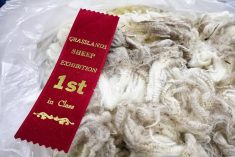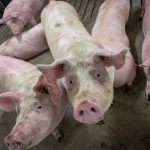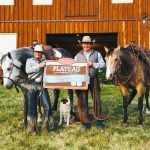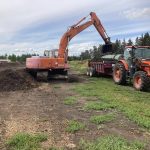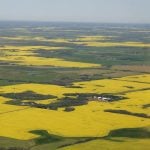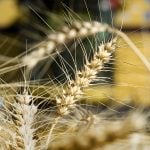In the spring of 2003, Wendy and Udo Adam of Okotoks, Alta., were preparing two Murray Grey bulls for export to China. The announcement that BSE had been discovered in Canada promptly cancelled the sale.
Two years later, borders remain closed to all classes of live animals. The United States was the primary market, not just for beef but also high quality breeding animals. Purebred breeders were forced to make tough decisions and find new markets for their genetics.
For smaller breeds like Murray Grey, keeping the genetic pool fresh is a challenge, said Wendy Adam.
Read Also
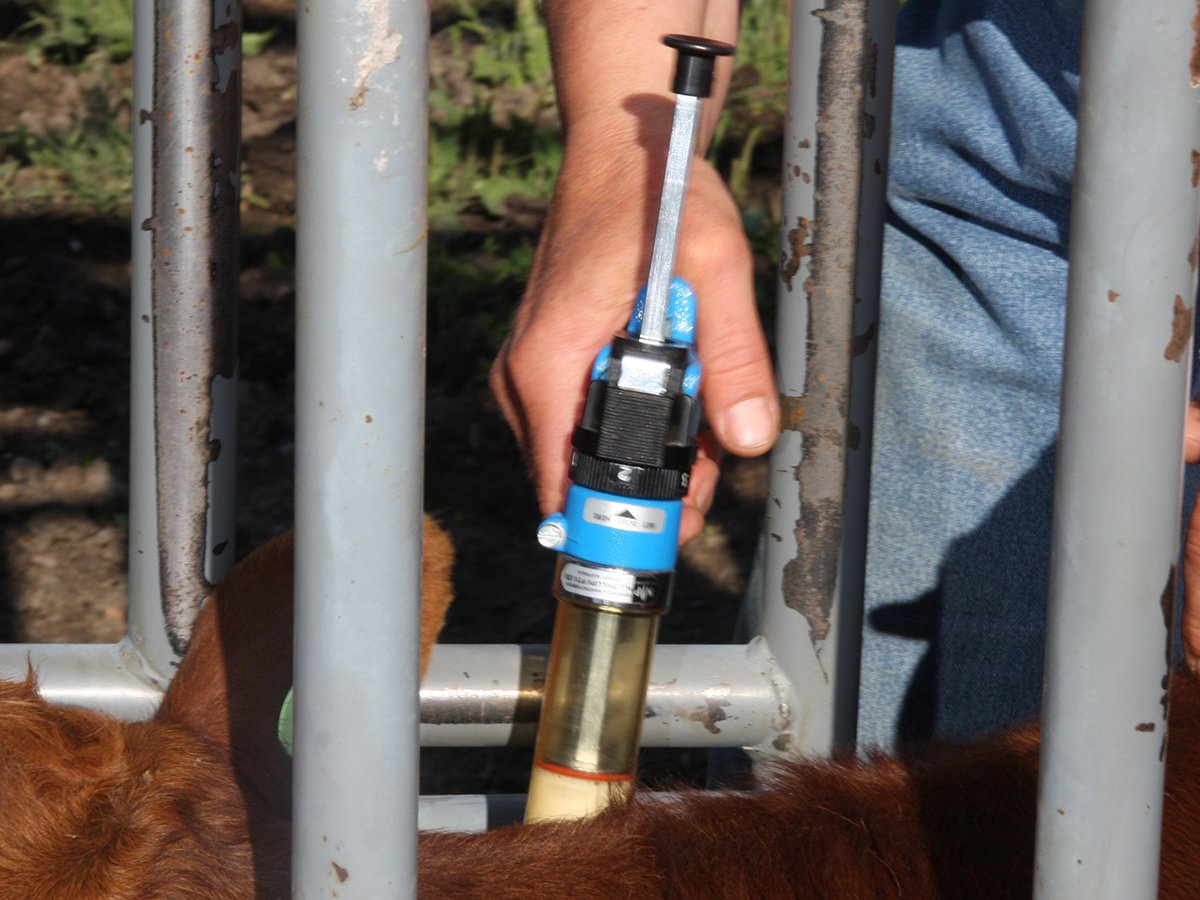
Canada must address potential veterinary drug shortages
If critical products are unavailable when needed, it could result in unnecessary human and animal deaths in the worst-case scenario.
They cannot import new stock from the U.S. because of its BSE case in December 2003. While many countries are still willing to buy Canadian semen and embryos, it is difficult to find large enough orders to make it viable.
She has honed her marketing skills and become a beef activist.
“I’m going to work as much as I can on the political side, organization side and ambassador side,” she said. “Everyone has become an ambassador for the entire industry to make people understand the impact on the U.S. consumer and the impact on the Canadian cattle industry.”
The Adams are working harder than ever to market their purebreds. If they cannot fill the order, they find another breeder who can. They have started selling beef privately and if they run out, they call neighbours with home-raised meat to satisfy the customers.
Many purebred bulls find their way to commercial cow-calf operations but since the breeding season of 2003, many have decided to keep their older animals longer.
Bill Newton, a cow-calf producer at Fort Macleod, Alta., bought fewer new bulls this year and sees people making a variety of decisions about replacement animals. In many cases, they keep the older ones with little economic value and sell the young stock.
“Economic conditions have forced different decisions,” he said.
As he looks at the aging cow and bull herds he notices slower genetic improvement.
“We are slowing down our genetic turnover in the whole national herd,” he said.
The situation has hurt each operation differently, said Doug Fee, manager of the Canadian Angus Association.
Some purebred sales have been surprisingly good while others were cancelled or showed poor historical averages. The Angus breed was in a significant growth phase when BSE hit, so the association is faring better than some of the smaller breed registries.
A 2004 report commissioned by the Canadian Beef Breeds Council measured the BSE impacts on the purebred industry.
It reported exports of Canadian purebred products, including livestock, embryos and semen, increased over the last 15 years and reached a high of $112 million in 2002. Exports for 2003 totalled $59 million, the lowest since 1992.
Many countries still accept embryos and semen but sales dropped because “guilt by association” has made buyers hesitant. As well, many buyers want to see the walking animal as proof of genetic superiority.
Producing purebred bulls for commercial operators is a major source of income for most breeders.
“Without a significant and healthy commercial cattle sector, the purebred industry cannot survive in a meaningful way,” said the report.
The report also predicted the purebred industry could shrink 30-60 percent. People may exit the business or switch to commercial production.
The situation also threatens the viability of some breeds. A certain number of producers and cattle are necessary to keep a breed viable. Some breed associations have seen a decline in registrations and sales transactions, forcing them to revisit their operating budgets.







